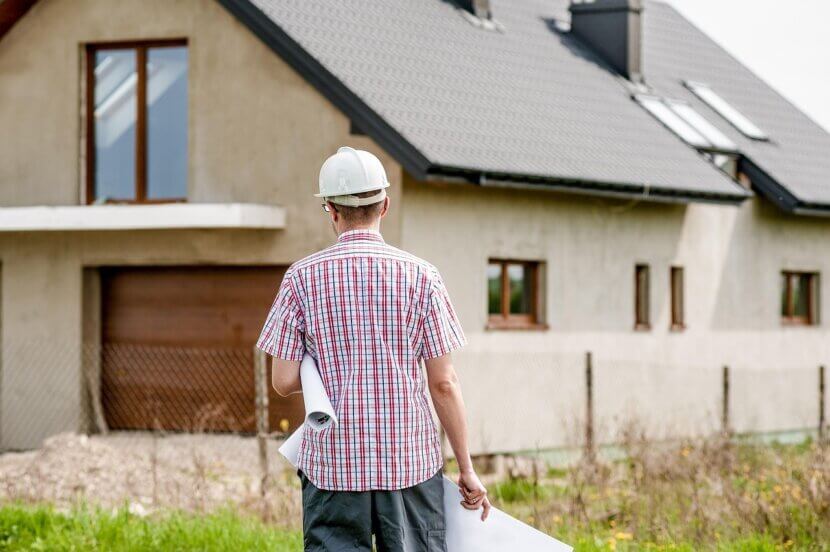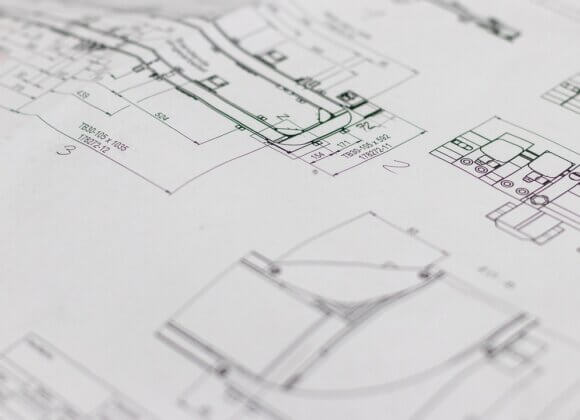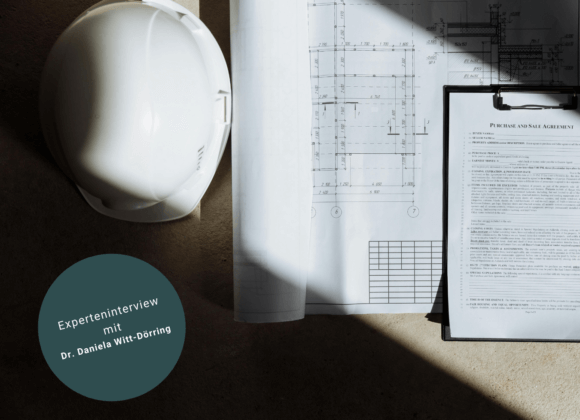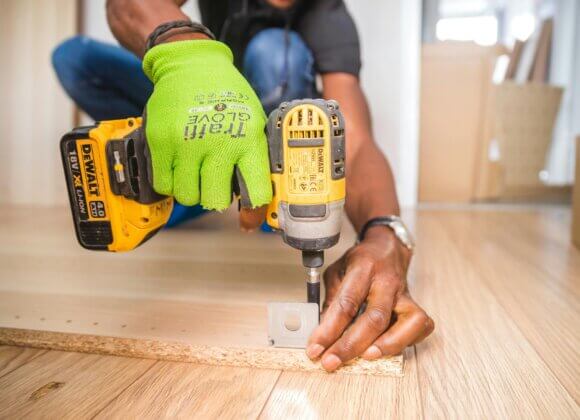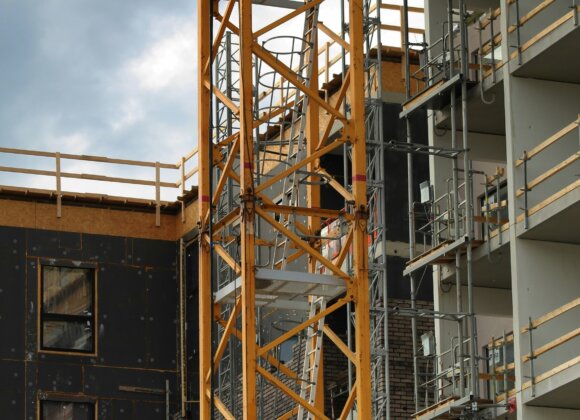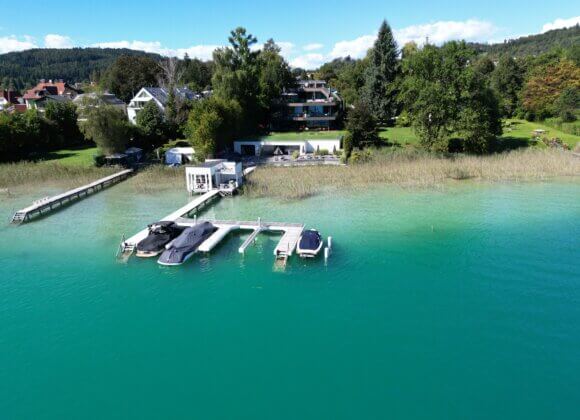Damp cellars, leaking windows or roofs, cold bridges, mould and, and, and – if building defects occur, trouble is usually inevitable. Real estate law expert Lukas Gottardis from pgf Rechtsanwälte knows what to do if the worst comes to the worst.
The joy of a new house or apartment is not always long-lasting. When the first defects appear, this is quickly dampened – not least because of the risk of a long and expensive legal dispute.
What is meant by a construction defect?
“There is no legal definition for construction defects or structural damage,” says housing law expert Lukas Gottardis. Under civil law, a defect is understood to be a deviation of the actual condition from the owed target condition. “In practice, we talk about a (building) defect when certain contractually agreed properties are not present,” says Gottardis. However, certain technical defects are defined in the building regulations – in the Lower Austrian building regulations, for example, these are mold or moisture.
Who has to prove the existence of defects?
A distinction must be made here. The building owner must prove that a defect exists, that this defect was causal for the damage that occurred and that it existed at the time of handover. However, there is one exception: if a defect occurs within the first six months of taking possession of the house or apartment, the law assumes that it was already hidden at the time of handover – in this case, the burden of proof is reversed.
What deadlines must be observed in the event of construction defects?
Firstly, there is the warranty period. This is three years for buildings that are considered immovable property and components permanently attached to the building, such as windows, heating systems, tiles or electrical installations. During this period, the company carrying out the work must guarantee that there are no defects.
“The warranty period begins when the house or apartment is taken over or when the work of plumbers, carpenters and other tradesmen is completed,” says Gottardis. Incidentally, the warranty obligation, which cannot be contractually excluded, also exists without fault.
However, the right to compensation depends on the fault of the company carrying out the work. If, for example, damage was caused by improper work, planning errors or defective material, building owners may be able to claim compensation from the party responsible – even after the warranty period has expired.
“If, for example, you only discover after five years that the wrong tile adhesive was used, you can still file a claim for compensation,” says Gottardis. You also have three years to do this – from the time you become aware of the damage and the party causing it. However, both the warranty claim and the claim for damages – if the contractual partner is not reasonable – must be asserted in court – and this leads to a certain litigation and cost risk.
How do you deal with construction defects?
House builders and condominium owners must turn to those with whom the contract was concluded. While the house builder often concludes individual contracts with professionals, the buyer of a condominium unit has to deal with the developer. In this case, a majority resolution is usually also required to assert the defects. In rented apartments, the landlord is the right contact person. Defects should always be reported in writing and – if possible – well documented.
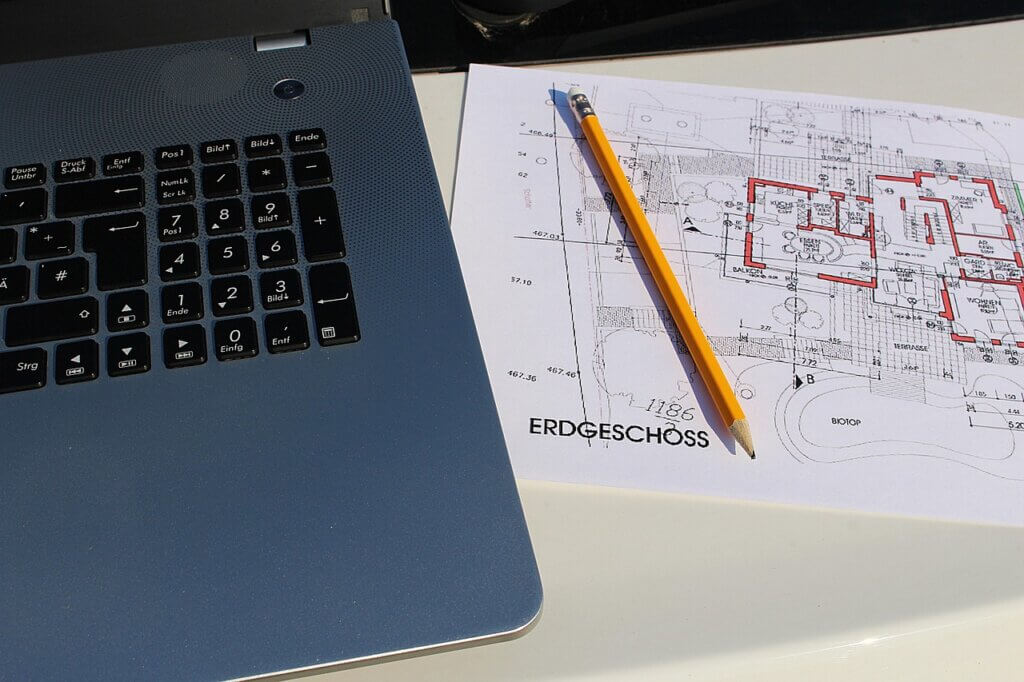
Who has to rectify construction defects?
The respective contractual partners are responsible for rectifying the defect or defects. They are then also responsible for rectifying the defect or defects. You should set them a reasonable deadline for this. If there is no response, a so-called substitute performance can be carried out under certain circumstances and another company can be commissioned to rectify the defects. The costs of this can be recovered from the contractual partner who carried out the defective work or, like the property developer, is responsible for it – usually through the courts.
What else should you know in connection with payments and construction defects?
For example, that the right to refuse payment is one of the most important instruments for protecting clients in the event of construction defects. Or that there is also the option of contractually agreeing a liability deduction. This usually amounts to two to five percent of the construction volume and is retained until the end of the warranty period. In the case of purchases under the Property Developer Contract Act (BTVG), i.e. the purchase of a property that has not yet been completed, this is mandatory for the most commonly used land register security model with an installment plan amounting to two percent.
Incidentally, warranty claims cannot be contractually excluded between companies and their customers. This is not the case, for example, if you buy a house from a private individual: you can exclude them by contract.
Is it possible to protect yourself against construction defects or the annoyance they cause?
In order to avoid construction defects, agreements on the respective services should be made in as much detail as possible before the start of construction. In addition, before accepting each partial service and the associated partial payment, it should be carefully checked whether the work complies with the agreements and is free of visible defects.
“However, most people lack the relevant expertise and specialist knowledge. That’s why it makes sense to appoint an expert to supervise “private construction”,” advises Gottardis. Keeping a construction diary and documenting the work in detail using photos or videos has also proven its worth. In the event of a legal dispute, this helps to prove where the construction defect originated and, if necessary, that it was already present at the time of handover.
It can also be helpful to draw up a detailed report together with the contractor(s) when the work is finally accepted or the house or apartment is handed over. This should list all recognizable defects and agree how and by when they must be rectified.

Lukas Gottardis is a partner and lawyer at pgf Rechtsanwälte in Innsbruck. The lawyer, who studied in Innsbruck and obtained his doctorate in 2018, also works as a lecturer at the University of Innsbruck and at WIFI Tirol.
Related posts:
Insolvency of the property developer – what to do?


